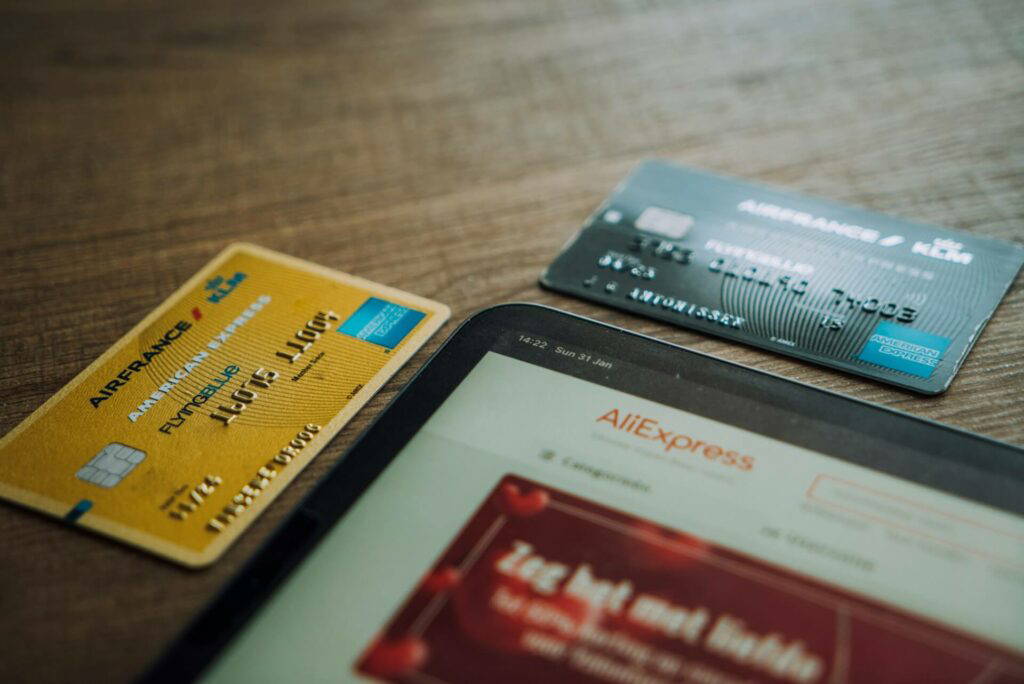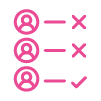
7 social media trends in 2024 that you must adopt
For companies, social media is a powerful tool for reaching their target audience, increasing customer engagement and brand awareness. Companies that do not use social media are missing an important opportunity to stand out from the competition and reach new customers. The trends within social media...
Read more
These logo trends are going to play a role in 2024
The end of the year is approaching and we are already looking with a slanted eye at logo design trends that may come into play in 2023. These trends see interest not only for designers, but also for companies and brands looking to modify a new logo or an existing one....
Read more
Setting up a limited liability company: what should you pay attention to? + step-by-step plan
As an entrepreneur, one of the things you decide is which legal form suits your business. It may be attractive to start a limited liability company (BV), or to convert your existing sole proprietorship or partnership into a BV. You will then not be personally liable for your company's debts and in the event...
Read more
The value of CRM (customer relationship management) in marketing
When you start your own business, there are some important business software you will need to purchase. One of them is a good CRM (Customer Relationship Management) system. In this article, we will explain to you what it is, how it works, how you can use it and what opportunities it offers for...
Read more
Register brand name in 9 steps
After months of brainstorming and deliberation, have you come up with the perfect brand name for your product or service? Then of course you want to capture it as soon as possible, before someone else runs off with your brand. In this post you'll learn how to capture your brand name step by step and where to...
Read more
A comprehensive competitive analysis. Here's how to do it
A thorough competitive analysis is an essential part of your business strategy. Want to conduct a competitor analysis, but don't know where to start? In this comprehensive blog post, we explain what a competitive analysis is, its benefits and how to conduct it.
Read more
Starting your own business in 16 steps
Starting your own business is not only exciting, but there is also a lot involved. It is important to prepare well before you officially start, so that all the prerequisites are in place. From determining your offer to setting up your business administration, if you...
Read more
Enlisting branding agency: Top 10 agencies
To be successful with your business, it is important that you build a strong brand. A brand with clear values that is both recognizable and distinctive. Building a strong brand is a complex process that is actually never finished. If you do not have the necessary knowledge in-house or if you lack...
Read more
Business credit card application. How to do it
More and more business owners are opting for a business credit card. We understand this, because a credit card for your business is very convenient. In this blog post, we explain the benefits of a credit card and how to apply for one.
Read more
Having a good corporate identity developed in 8 steps
When you hear the word "corporate identity," you may initially think primarily of a logo. But a corporate identity is much more than just wrapping your company name in an attractive picture. A corporate identity is your company's visual identity and a way to reinforce your brand. That makes it important...
Read more
















 Team
Team FAQ
FAQ Vacancies
Vacancies Contac
Contac AWR
AWR Ahrefs
Ahrefs Channable
Channable ContentKing
ContentKing Leadinfo
Leadinfo Optmyzr
Optmyzr Qooqie
Qooqie Hubspo
Hubspo Semrush
Semrush

